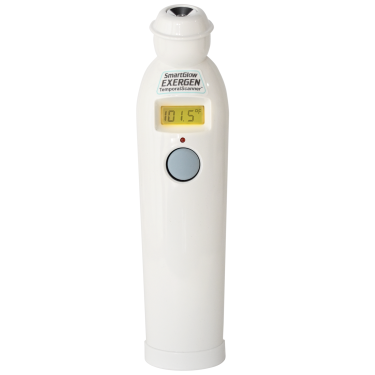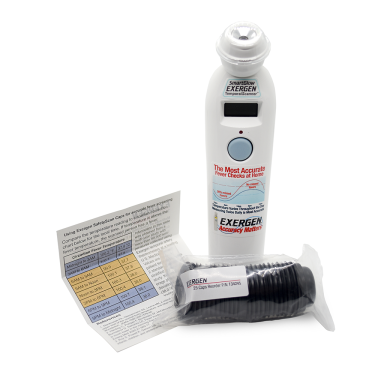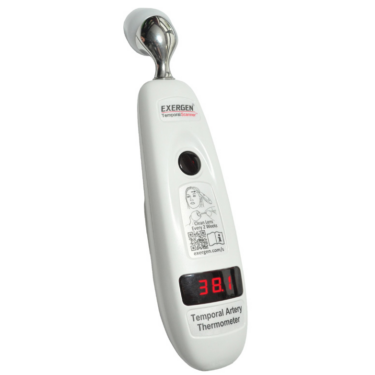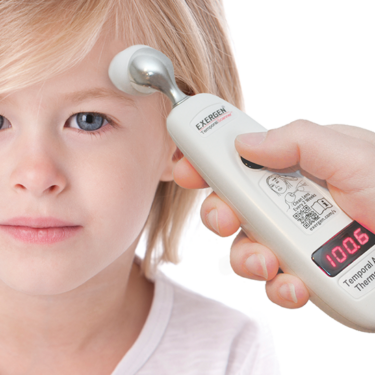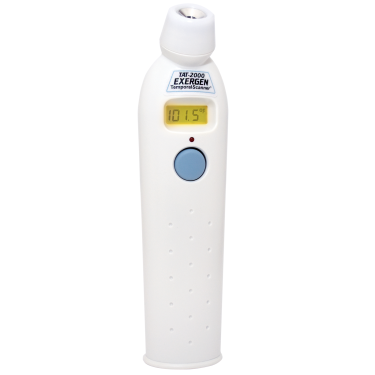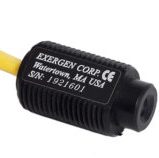Taken from “2020-2021 Healthcare Product All-Stars”
from the “Healthcare Purchasing News
Author – Rick Dana Barlow
To achieve “All-Star” status in anything business or sports-related, one likely is judged on his or her performance during a specified time frame, whether that’s a calendar year, fiscal year, or playing season. In addition, the All-Star executive or athlete most likely earned “Most Valuable Player {MVP)” status during a series of projects or games where he or she achieved stellar results or satisfied a need.
Healthcare Products are No Different.
Last month, Healthcare Purchasing News unveiled its Healthcare Product Hall of Fame, spotlighting the 10 members of the inaugural Class of 2020, highlighting each’s lifetime industry contributions, and recognizing the companies that brought them to market. This month, HPN debuted its Healthcare Product AllStars, briefly profiling seven relevant products and services that within the last year – and most likely throughout this year – excelled at a meeting and exceeding clinical and public demand, driving into the end zone for the benefit of patient care. Over time, any of these seven All-Stars could qualify for Hall of Fame recognition once they’ve recorded a long and solid “career” of contributions.
Not surprisingly, the vast majority (six of seven) can trace their All-Star determination and status to the coronavirus pandemic as their utility to fight the spread of COVID-19 remains essential. The seventh concentrates on convenience and pain reduction to monitor chronic disease.
Without further delay, the following are HPN’s seven Healthcare Product All-Stars with an approving nod to the companies that bring them to market.
Hand-Held External Temperature Scanner
FIELD PERFORMANCE: Measuring a person’s temperature, a necessary step for diagnosing illness and determining treatment, used to involve an invasive procedure that relied on a contained but hazardous liquid metal that reacted to heat. Then Francesco Pompei, Ph.D., engineer, inventor, physicist, and scientist, decided to think outside the body cavity. Such ingenuity propelled the art and science of thermometry into the heretofore unseen noninvasive territory. His company, Exergen Corp., launched the “temporal artery scanner” that uses infrared sensors to detect a person’s temperature by swiping the device softly across the skin.
Exergen TemporalScanner thermometers have changed the way the world takes temperature,” said Marybeth Pompei, Ph.D., Exergen’s Senior Vice President and Chief Clinical Scientist, also a nurse and bioethicist. “Patients no longer need to be subjected to invasive, uncomfortable, and sometimes harmful temperature probes in order to obtain accurate temperatures. With the Exergen TemporalScanner, just a gentle scan of the forehead produces a medically accurate temperature, with accuracy backed by more than 80 peer-reviewed published studies.”
Pompei points to the accuracy, convenience, and painfree nature of non-invasive thermometry.
“We remember when a nurse approaching a patient with a thermometer produced anxiety, fear, and physical resistance on the part of the patient,” she indicated. “It is very satisfying to hear nurses report that their patients smile when they approach with an Exergen TemporalScanner to take their temperature. We also see nurses smile when they tell this story, reflecting that they find the use of the Exergen TemporalScanner as a very pleasant experience for them as well.”
Her husband Francesco Pompei, Ph.D., is Exergen’s Founder, CEO, and President.
Exergen’s invention of noninvasive thermometry motivated some to try to push the concept even further. If you can take someone’s temperature outside of the body on the surface of the skin, why can’t you take someone’s temperature outside of the body and away from the surface of the skin? These companies created a niche of “non-contact” thermometry as a potential extension of the concept.
While Exergen’s noninvasive temporal artery thermometer remains popular in clinical settings and, by and large, the gold standard in medical and surgical circles, non-contact thermometers are gaining in popularity and widespread use outside of the healthcare arena in such places as schools, universities, stadia, restaurants, and retail stores. Supporters attribute demand for these devices to the additional distance between a per on taking the temperature of another.
However, a recent observational study reported in a respected infection control publication found that the farther removed the thermometer was from the patient’s skin the less accurate its temperature reading was above 99.5 degrees. Pompei indicates the non-contact device used for mass screening for fever gives a “false sense of security.” This also leads to accuracy questions about “smart helmet scanners” used in some European airports for non-contact thermometry.
About Exergen:
